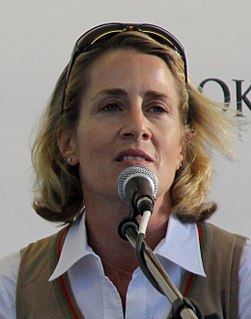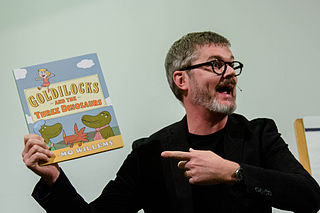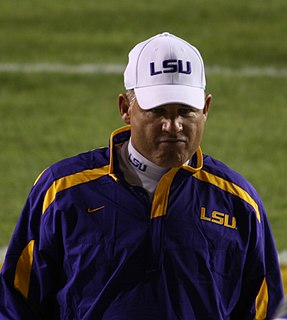A Quote by Cecily von Ziegesar
I used to be an editor and I was editing young adult series. I didn't really like the books that I was reading, so I decided that I would write a book about something I'd want to read if I was 16. It turned into a Cinderella story... I developed a proposal and the characters of 'Gossip Girl' for my job.
Related Quotes
I always swore I would never write a book. But I read Clare Balding's and it was really interesting and so prettily written and lovely and not too revealing. I went to her book launch and met her editor who said 'why don't you think about it? You can do it however you want, based on your characters or you.'
The common thread of the series is that these are the books that Elephant and Piggie like to read. Elephant and Piggie are retired, so this is what they do in their spare time. What will they end up wanting to read? Time will tell. We've got to let that evolution happen as the series goes on. Any return of a character would have to be organic, would have to be, for example, Laurie Keller saying, hey, I really want to do this, and me feeling that there's a story there, rather than just saying, yeah, we can get three books out of these characters.
My mother lived her life through movies and books - she read everything there was to read. And she read to me every night. I never went to sleep without her reading to me. And she fantasized about the book and she would talk about it, the place, and you would think that after she read the book and after she told you stories about it, that she had actually been there. I learned about story from her, and I learned the value of a great story, and the value of great characters.
Parker wasn't supposed to be a series. He was supposed to be one book, and if he was only going to be in one book, I didn't worry about it. And then an editor at Pocket Books said "Write more books about him." So I didn't go back at that point and give him a first name. If I'd known he would've been a series, I would've done two things differently. First, I would've given him a first name because that means for 27 books, I've had to find some other way to say, "Parker parked the car."
'Brown Girl Dreaming' was a book I had a lot of doubts about - mainly, would this story be meaningful to anyone besides me? My editor, Nancy Paulsen, kept assuring me, but there were moments when I was in a really sad place with the story for so many reasons. It wasn't an easy book to write - emotionally, physically, or creatively.
I've published over 100 books - and that is divided about 50/50 adult and young adult. Lately, I have been writing more YA, which is such a great genre to write it. I don't have a favourite (I usually say it's the last book I've written), but certain books do stick in the mind. My very first YA novel, The Children of Lir, will always be special to me, and, of course The Alchemyst because it was a series I'd wanted to write for ages.
You can't write a book if you've never read a book. And if you've read five books and you try to write a book, your book will mainly encompass the themes and the context of the five books you've read. Now, the more books you read, the more you can bring to a book when you decide to write one. So the more rap I learned, the more I was able to bring to rap when I decided to rap. But this was all subconscious.
I don't want to write things that people don't want to read. I would have no pleasure in producing something that sold 600 copies but that was considered very wonderful. I would prefer to sell 20,000 copies because the readers loved it. When I write books I don't actually think about the market in that way. I just tell myself the story. I don't think I'm talking to a 10-year-old boy or a six-year-old girl. I just write on the level the story seems to call for.

































